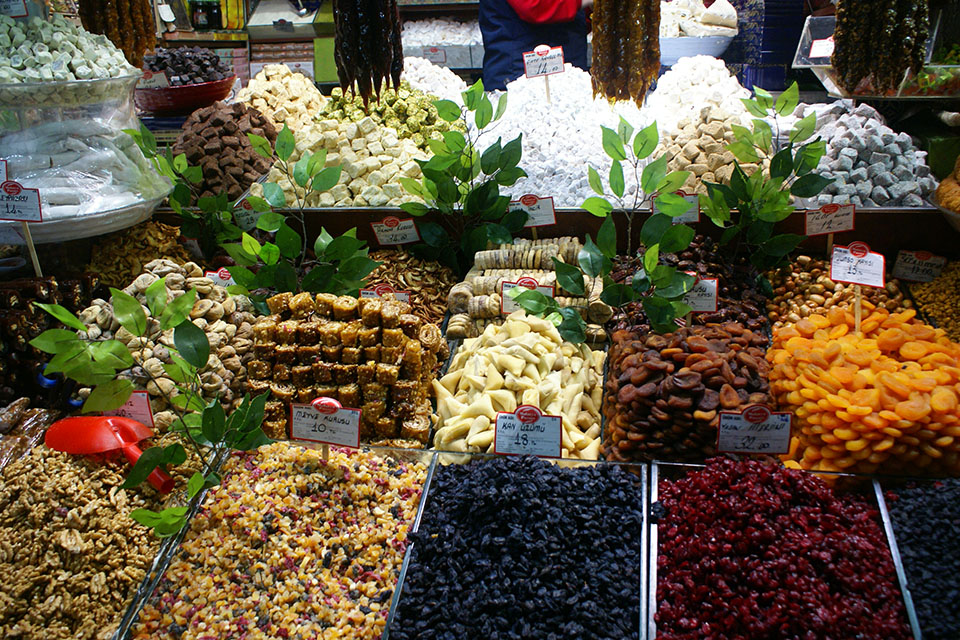Dietary Restrictions Abroad

"Special dietary needs abroad can be difficult because you may be in an environment where people are not accustomed to hearing about certain food allergies, eating choices, or religious restrictions. When I was abroad in Morocco, I had many conversations with my host family about kosher and what I could and could not eat with them in their home. It was a process, but getting my program involved early on really helped the communication and transition. My host mom was very concerned about making sure that I had enough to eat, so she was more than accommodating!" — Katherine Vargas ’17
Traveling abroad with special dietary needs can be a very daunting task, especially in a country where certain foods are expected to be eaten regularly. Contact your program to see if there are any options available for your special needs including special markets, or special goods. Learn how to say words and phrases such as "vegetarian," "kosher," "I don't eat meat (cheese, wheat, etc)" or "I'm allergic to (nuts, dairy, etc)” in the local language so as to not cause confusion or disappointment in public restaurants.
Be prepared
- Plan as much in advance as possible.
- Talk with your program and make sure they are aware of any dietary restrictions. Ask a lot of questions to make sure your expectations are realistic.
- You may need to think about bringing some specialty items for nutritional health, as your health is linked to how you deal with many things while abroad.
- Be very clear with your host family or roommates of what your needs mean, as your needs may not exist where you are, or are interpreted differently (meats vs. fish vs. eggs).
- Try to have an explanation ready (religious, medical, etc.) as some people understand very little about what being a vegetarian (or being kosher/halal/etc) entails. All of this will prevent the awkward moment of having to turn down a nicely cooked meal at a family or group dinner.
- Know what a typical meal may look like if you don't eat certain foods and how often that might be consumed.
Resources
Diversity, Access and Inclusion resources (including dietary information) organized by country